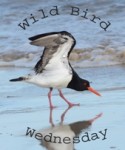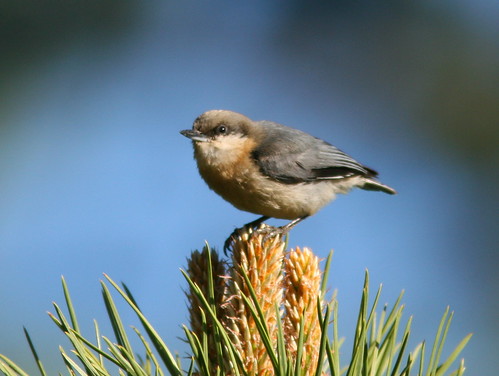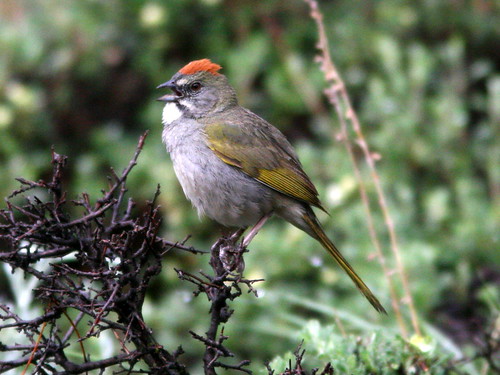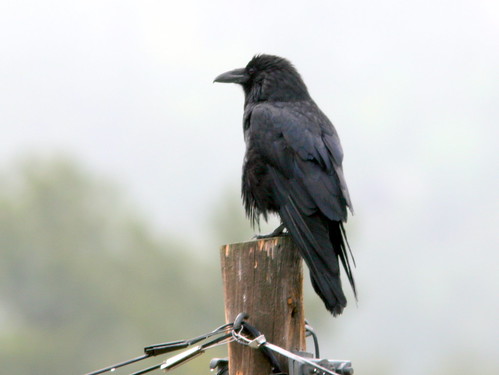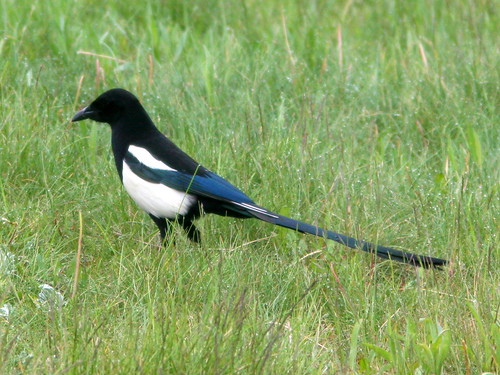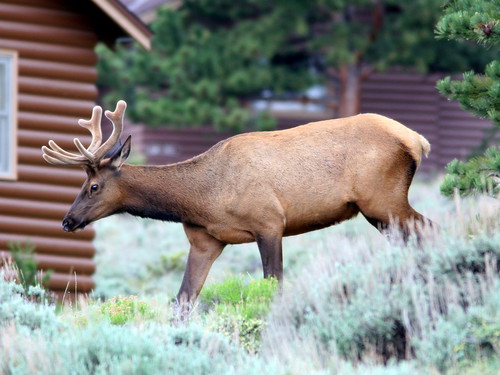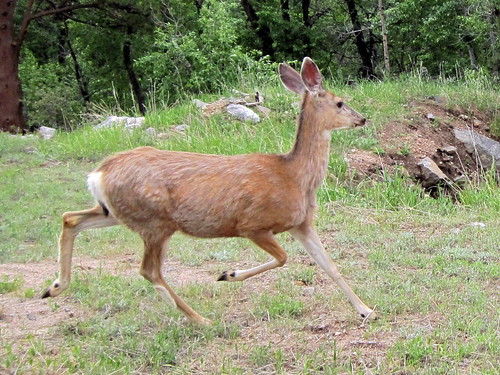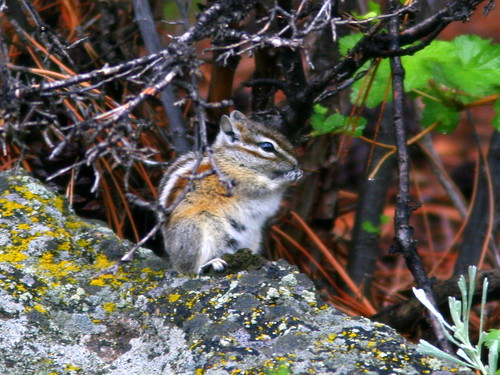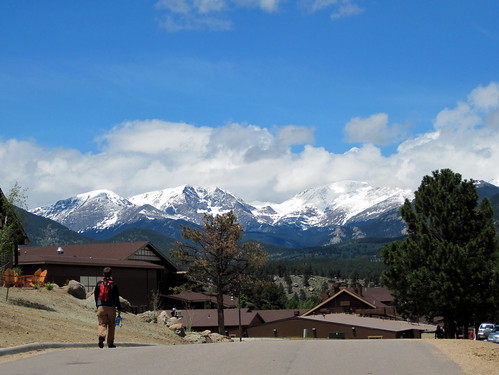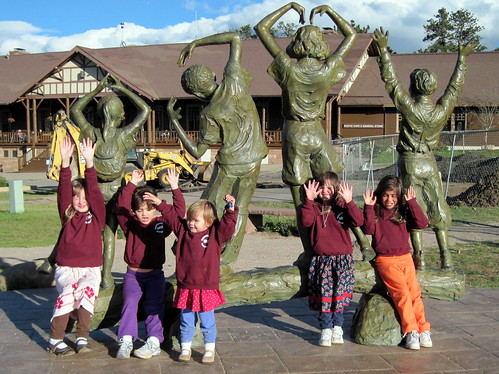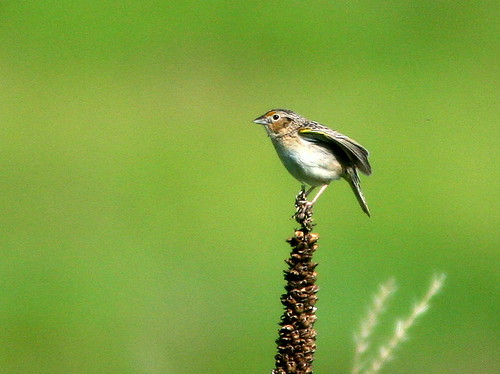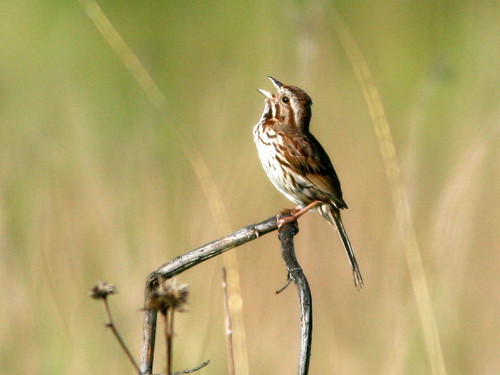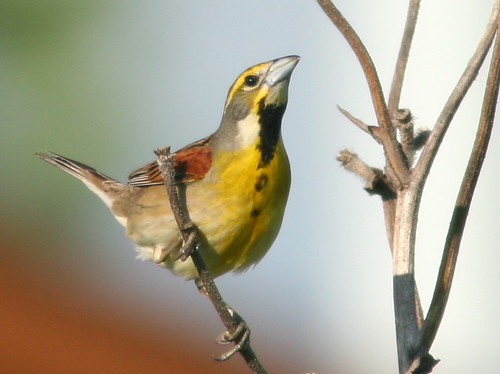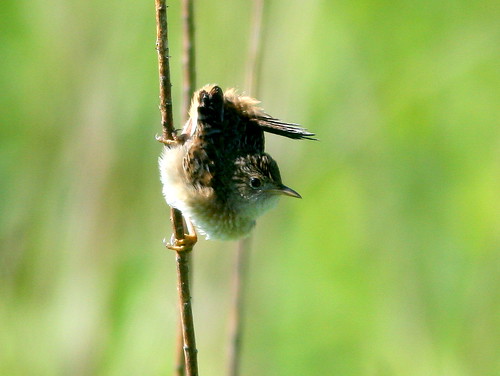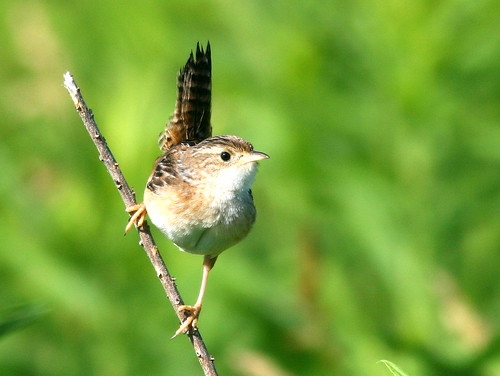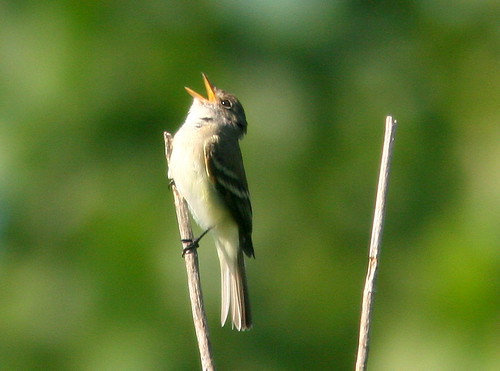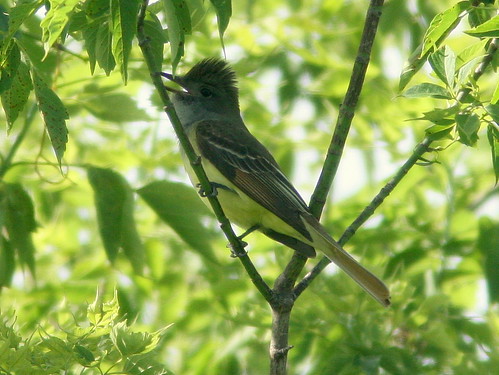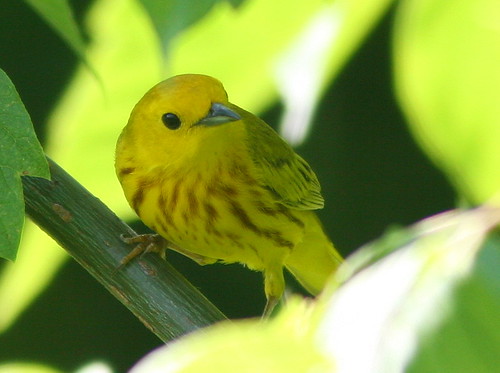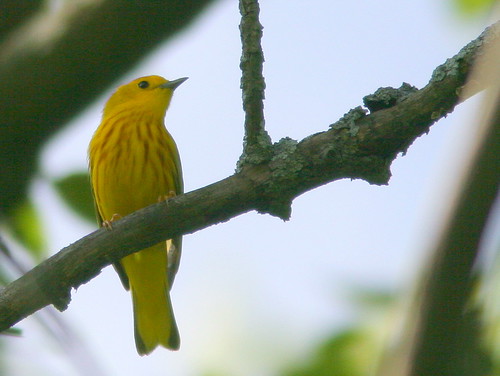On the occasion of our 50th Wedding Anniversary, Mary Lou and I have just completed an exciting two weeks of travel out west. Our trip began with a family reunion at the YMCA of the Rockies in Estes Park, Colorado.
This platter was a gift from our oldest daughter, her husband and her son and daughter-in-law, who is expecting our first great-grandchild in October. It is positioned to reflect the snow-capped Rocky Mountains outside the window of our cabin:
All eight of our grandchildren and two of our children and spouses spent most of the first week in adjacent cabins at this beautiful retreat. Our oldest daughter and her husband had driven only as far as Colorado Springs when they received news of the sudden and unexpected death of his younger brother. Only about 2 hours away, they had to turn around and drive back to Arizona. Despite this sad news, we all spent long days filled with day camp for the kids, trail rides, sightseeing, plus lots of visiting together and and eating too much.
On the day of our arrival it rained all morning, with episodes of thunder and hail, and the mountaintops received a fresh coating of snow. By afternoon the weather turned deligtful, and we enjoyed mild sunny days and cool nights at 8500 feet elevation.
The view from our cabin the next morning:
For six days, we existed without TV, cell phones and the Internet (though weak Wi-Fi hotspots were available in a few places around the YMCA compound and within the Village of Estes Park).
The fireplace was a wonderful substitute for a boob tube: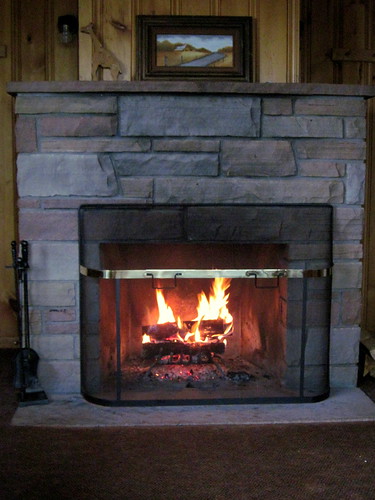
All of us, especially the children, enjoyed watching the wildlife. Serious birding had low priority, but it always finds a place in our schedule, no matter where we are. Early each morning, after igniting some logs in the fireplace, before most of the others were out of bed, I was able to squeeze in a little birding, mostly from the wrap-around porch of our cabin. The morning air was filled with the songs of Green-tailed Towhees, Chipping Sparrows and Dark-eyed (Gray-headed) Juncos. Pygmy Nuthatches foraged in the pines. Mountain Bluebirds sang weakly from the treetops. Elk and Mule Deer often appeared just outside our door.
We felt we were celebrating a second reunion, with many bird species
that were so familiar in our former home in the mountains of New Mexico. (Click on photos for more views).
Pygmy Nuthatch:
Green-tailed Towhee:
This Chipping Sparrow perched on the porch railing:
The juncos sported reddish brown “saddles,” and were quite tame:
Several pairs of Mountain Bluebirds occupied territories around our cabin: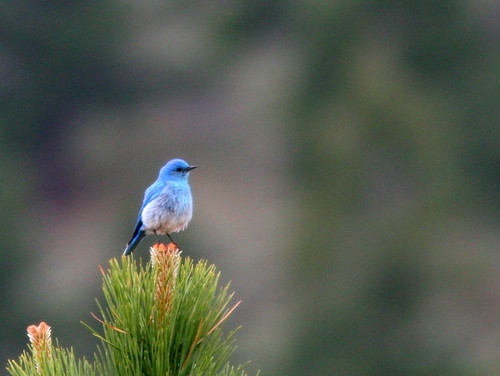
Common Ravens croaked from rooftops and utility poles:
Black-billed Magpies, more brightly plumaged than their raven relatives, were on the alert for food scraps around the administration buildings:
Naturally, the children liked to watch the furry creatures, such as this young bull Elk that approached an adjacent cabin:
Mule Deer were abundant…
…as were Wyoming Ground Squirrels…
…and chipmunks:
Early the first morning, I caught a glimpse of a Coyote as it stalked in the forest behind our cabin:
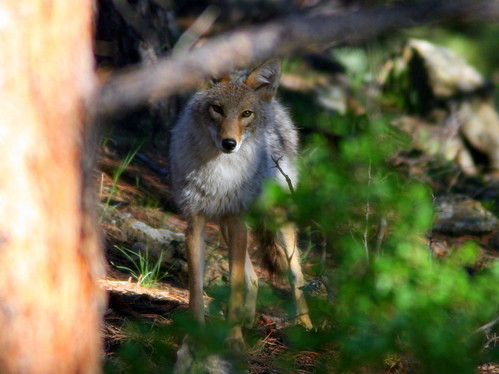
Overview of the main campus of the YMCA of the Rockies, as the clouds lifted on our first afternoon:
All five of our granddaughters posed in back of the “YMCA” statues:
Mary Lou and I had time for one final bird walk before our trip to celebrate our 50th Wedding Anniversary with all our children and grandkids (plus a great-grandson in the womb!).
Once again, before departing from Illinois, we searched for Henslow’s Sparrows at Nelson Lake/Dick Young Forest Preserve in Kane County, Illinois. We failed to hear a single “Ch-Leep” song along the path that climbs the hill where at least four pairs nested last spring. As I mentioned, it may be that the controlled burns have fragmented the former territory of this threatened species. They prefer to nest deep in the center of favorable habitat, which generally means a prairie that was burned between 2 to 5 years previously. They wait for the ground litter to build up, but will abandon an area where there are many emerging shrubs and saplings and too great an accumulation of dried grasses on the prairie floor. Then again, maybe they have moved to less accessible areas, away from the foot paths
We were pleased to find that many Grasshopper Sparrows had returned from the south; some ran across the path in front of us:
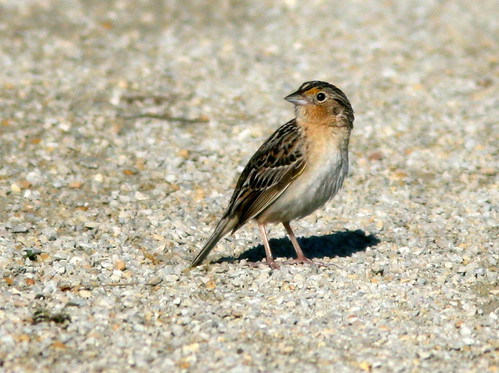
Note the proportionally long legs of this sparrow:
This Grasshopper Sparrow posed on a dried mullein stalk:
The numerous American Goldfinches also extracted seeds from the stalks:
I never fail to be impressed by the exuberant vocalization of the Song Sparrow:
Dicksissels have returned to the prairie:
There must have been over twenty singing male Dicksissels along the first mile of the north path through the grassland. The amount and pattern of the males’ black and yellow breast markings varies quite a bit: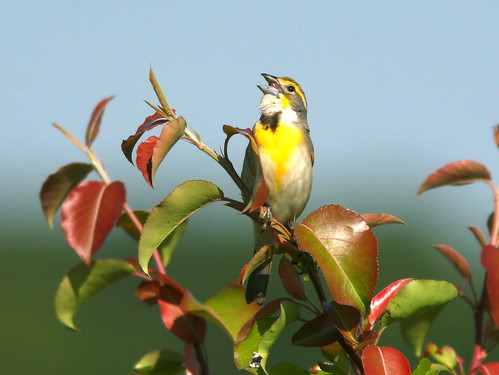
They are one of my favorite birds. This one landed briefly on the path, and I caught it just as it was ready to fly off: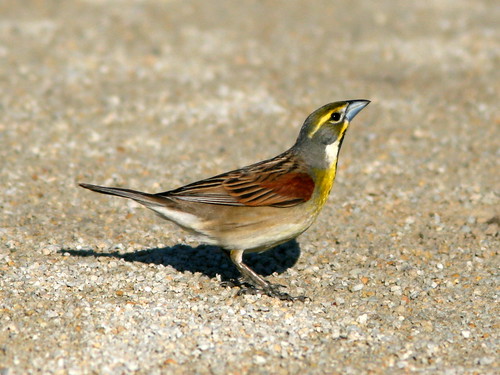
I loved this Dicksissel’s pose and the color: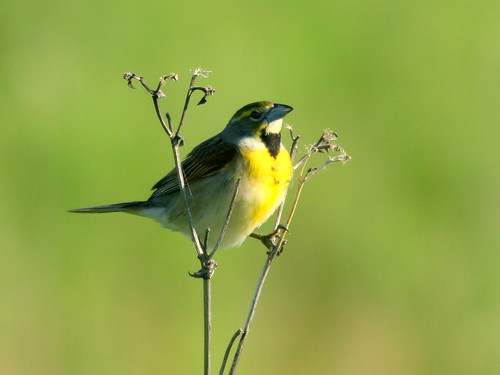
Sedge Wrens were singing in the tall grass. This one was interacting with another– I was not sure whether it was an aggressive display or perhaps part of a courtship or pair bonding ritual:
These little wrens can be difficult to photograph, as they are so active. With patience, I may catch one on an exposed perch:
Just after I took the above shot, the Sedge Wren launched into flight:
We first heard, then spotted two Willow Flycatchers.
I caught this one during the second syllable of its “Fitz-Byew” song:
Capturing this Great Crested Flycatcher in flight involved just dumb luck:
Here it roosts in a rather distant treetop:

The severe backlighting washed out most of the rufous color on the Great Crested Flycatcher’s wings and tail:
Yellow Warblers were fairly abundant in the trees along the south side of the Preserve, but they have a habit of hiding behind the leaves:
This Yellow Warbler briefly perched out in the open:







